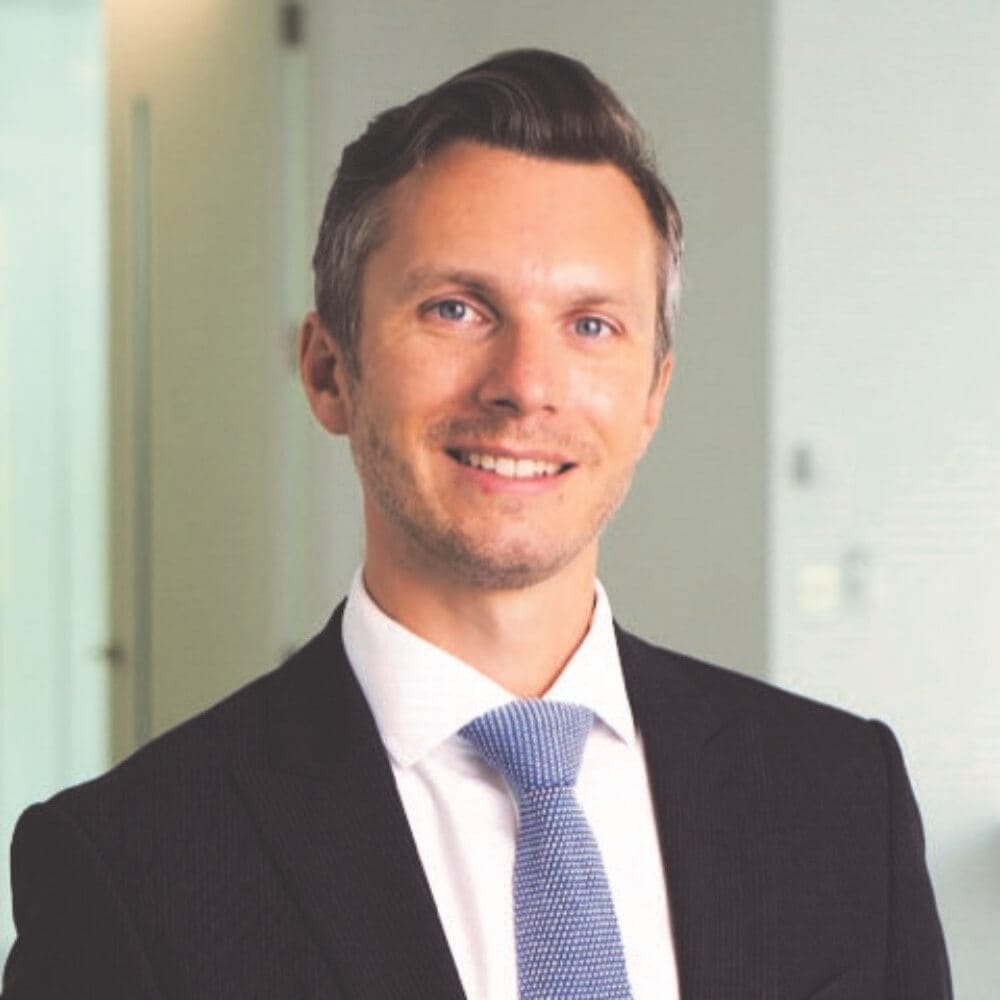With a recent family office report concluding that over a third of family offices surveyed intended to allocate most of their portfolios sustainably over the next five years, what do you think has fuelled this desire amongst family offices to focus on sustainability?


“I think there has been a number of reasons for this, including an increasing awareness over climate change, as well as racial and gender issues through the Black Lives Matter and Me Too movements. This in part has also been attributable to the succession of wealth and handover of control to the next generation.
“Typically, millennials are more likely to possess a values-based mindset and they are more focussed on companies or funds that address economic, social and governance (ESG) issues, whether through their impact or the internal processes and practices they adopt, rather than financial performance. The opportunity for family offices in allocating their portfolios sustainably is to achieve the best of both worlds; delivering competitive financial returns from a sustainably balanced portfolio.”

“The views of the next generation are but one factor to consider when explaining the growing focus on ESG investing. There is also a greater awareness of the impact of issues like climate change on long-term investment portfolios, something family offices, in particular, are concerned about.
“There is a wider range of funds and fund managers entering the ESG space. It is also worth bearing in mind that the top 10 ESG stocks are all blue chip equities that any well-diversified portfolio are likely to have, whether they have devised an ESG policy or not. The challenge is auditing and measuring ESG performance as these concepts remain relatively new in the market.
“A degree of caution should be exercised against investing in companies who are ‘greenwashing’, the idea of conveying a false impression that a company is sustainable; verification is essential. The other challenge for family offices is having the expertise to focus on ESG and devising an ESG-focussed investment strategy.”
Does this shift in focus go beyond just investment portfolios?
“It is fair to say that the focus on ESG is extending beyond the investment world and into family businesses, in which family offices often remain invested. Devising an ESG strategy within the business can be used as a tool to get the next generation engaged in the family business. Indeed, millennials and Generation Z are likely to be ideally placed to take such an initiative forward. It provides them with the leverage they need to gain a foothold and make a mark, and for their elders, it is a chance for the Next Gen to ‘prove their metal’. Reputationally, it can benefit the family too as it demonstrates a desire to invest their wealth responsibly and sustainably.”

“The conversation starts with the family, to ensure collective buy-in across the generations. Discussions around ESG can often be used as a tool to ‘level the playing field’ within families, taking the dialogue away from the family itself and its hierarchical structure (which can often be intimidating for the next generation to find their voice). This in itself can provide the foundations upon which common ground can be established and the building blocks of a family charter can be devised which incorporate the values the family wish to focus on, but also explore, the wider issues which might impact the family and its wealth, and what that wealth means to the family.
“Existing family offices are likely to have been established, with the family having already gone through this process, but the exercise of getting the family together and communicating may need to be repeated to ensure collective buy-in around ESG and impact investing.”

“For professional trustees, whose performance is often weighted on the financial performance of the trust fund, the greatest challenge is potentially sacrificing investment return if an ESG strategy is adopted.
“The narrow scope of the fiduciary duties trustees are under often complicates the picture for those trustees looking to invest in ESG investments. As a general rule, a trustee will usually have a duty to preserve and enhance the trust fund which may make it difficult to make an investment, even one which has a positive impact in the world, if there is a good chance that investment will lose money.
“For new trust structures, the issue may not be as significant as it is for existing trusts, as the duties of the trustees could be hard wired into the trust deed. For existing trust structures, a solution may be to form private trust companies and/or private trust foundations within which families can have an active role, allowing the control of the trust and its ESG investing strategy to remain with, and accountable to, the family.”

Matthew Braithwaite Partner, Wedlake Bell LLP
Matt is a Partner in the Private Client team at Wedlake Bell LLP. He advises UK and international individuals, families, trustees and beneficiaries of trusts and family offices on UK tax, estate planning and succession issues. He acts for high-net worth individuals and families including business owners and entrepreneurs. Matt advises on the establishment and use of trusts and other wealth holding structures and also on the succession of family trusts and businesses and governance issues. Matt also provides UK tax and structuring advice in relation to the ownership of UK property. He also advises on Wills and general trust law and acts as a trustee. Matt is a full-time member of the Society of Trust and Estate Practitioners (STEP) and Co-Chair of STEP’s Business Families Special Interest Group.

